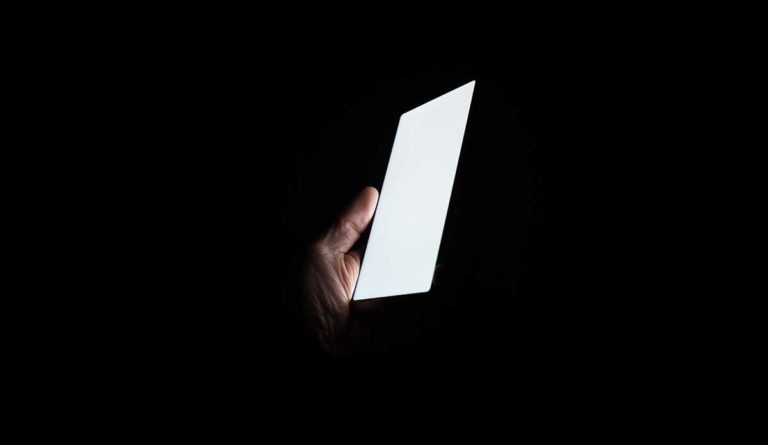It's Time for Americans to Stop Sleeping on Sleep
Americans, especially people of color, are significantly more likely to report sleeping six hours or less. Sleeping six hours is the cut off, after which, negative health risks increase.

Read Time: 3 minutes
Published:
Sleep is one of the most important things we do. Not sleeping enough or well can lead to poor job performance, the loss of friendships, chronic health conditions such as diabetes, and even higher risk of death. Yet, when life gets hectic or stressful, we often sacrifice sleep to make time for other activities.
Given the implications of sleep for almost everything we do as humans, my colleagues and I decided to take a closer look at which Americans were sleeping better than others and whether or not some Americans have been sleeping worse in recent years.
Using data from the National Health Interview Survey, we analyzed self-reported sleep duration for almost 400,000 American adults between 2004 and 2017. We found that, since 2012, Americans have become significantly more likely to report sleeping six hours or less. Six hours is the cut off, after which, the risk for a host of negative health conditions increases. People of color, particularly Black and Latino survey respondents, were likely to report short-sleep — defined as six or less hours in a 24-hour period.
So why exactly are more Americans reporting less sleep? We are still looking for clear answers but we do know that there is a strong connection between stress and sleep quality. Americans, in general, are stressed out.
An increase in smartphone usage also likely plays a role in sleep loss by bringing bright light, work, and stress into the bedroom.
Results from the American Psychological Association’s Stress in America survey showed Americans are experiencing more stress than ever, and that concerns about the future of the country, money, and work are among the most significant sources. Other studies have indicated that Black and Hispanic Americans are increasingly anxious about violence, and this neighborhood-related stress may also negatively influence their sleep. An increase in smartphone usage also likely plays a role in sleep loss by bringing bright light, work, and stress into the bedroom. Studies show that the use of smart phones has increased from about 35% in 2011 to almost 80% in 2016.
Given the strong links between sleep and health, our findings could signal increasing societal level health problems and widening racial inequality in health. For instance, quality sleep is critically important to cardiometabolic health and heart disease remains a top killer of Black Americans. The critical importance of restorative sleep warrants attention from policy makers to develop policies that reduce stress, such as minimizing work place discrimination and educating the public regarding the importance of sleep so that sleep can be prioritized. Other policies, such as those in France and Germany that limit employees from responding to emails in work hours could also benefit sleep. Finally, other policies that minimize socioeconomic inequality are likely to also benefit population level sleep inequality. In such a connected and stressful time it is especially important for Americans to prioritize their sleep whenever they can.
The author would like to thank Suzanne Wilson for help on an earlier iteration of this article.
Feature image: Andrew Guan on Unsplash



